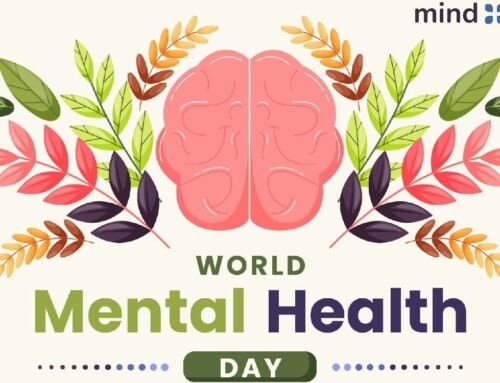MEMORY DISORDERS
By Anushka Goswami, Psychologist
Memory disorder is a condition wherein there is suppression of the cognitive abilities in an individual. These cognitive abilities include a range of functions such as reasoning and decision-making other than memory. Memory disorders occur when there are damage to certain parts of the brain which prevents the individual to retain, remember or store parts of their memories. In some cases, storing and making new memory is also hampered. Memory disorder is a life-long issue that needs professional care for sure. Other than memory, these disorders might also affect the individual’s social behaviors, their communication skills, their language-using skills, and ability to perform simple tasks. The severity of memory disorders ranges from mild to moderate to severe and can also be progressive in nature.

Types of Memory Disorders
In adults, the process of memory loss starts after the age of forty-five but doesn’t cause as many issues in day-to-day living. But, memory disorders are way more serious. Let’s have a look on the most common types of memory disorders and understand their warning signs.
- Dementia – Dementia is one of the most common memory disorders and is generally seen in old age people. In this disorder, a decremental curve is seen and one of the first signs to come is forgetfulness. People with dementia also have issues in completing simple tasks, and communicating and can also have disorientation. Dementia is a progressive type of memory disorder.
- Vascular Dementia – This is another type of dementia that is caused due to vascular constriction which leads to decreased blood flow to the brain areas of the Cerebrum and Cerebellum. This type of Dementia can be caused due to any organic reasons such as strokes or head injuries. The warning signs can be difficulty in planning a task and understanding difficulties.
- Frontotemporal Dementia – This is one of the most common memory disorders wherein there is a decline in the functioning of the nerve cells in the frontal and temporal regions of the brain. Herein, the nerve cells shrink in size and it generally occurs in people within the age range of 45 years to 60 years but can also occur in younger people. The warning signs can be forgetfulness, quick irritability, and losing temper easily. The individual might also start having impaired speech abilities which is called aphasia.
- Alzheimer’s Disease – This is also one of the most common names we hear when we talk about memory disorders. Here, along with impairments in memory and forgetfulness, the individual might have serious hindrances in daily life functioning.
Treatments for Memory Disorders
The first thing we need to know is that memory disorders are progressive in nature and are NOT curable entirely. Saying that there are a lot of treatment opportunities that an individual can choose to maintain his/her severity of memory disorder. The first go-to treatment choice would be medications. There are a lot of medications that help in maintaining the severity. Other than that there are other therapeutic methods such as Cognitive stimulation therapy, Cognitive retraining, and other forms of Psychosocial treatments that can be beneficial.  In MindPlus, we provide both these options under one roof. It is generally seen that the best results from memory disorder treatments are seen when medication treatment is taken along with therapeutic treatment. In MindPlus we try to provide individuals with easily accessible options which can make them and their near and dear ones the most comfortable.
In MindPlus, we provide both these options under one roof. It is generally seen that the best results from memory disorder treatments are seen when medication treatment is taken along with therapeutic treatment. In MindPlus we try to provide individuals with easily accessible options which can make them and their near and dear ones the most comfortable.






